Sep 23, 2007
The International Institute for Strategic Studies (IISS) brought together over three hundred senior government officials, leading academics, researchers, and many of the Institute’s influential members from around the world to discuss and address some of the world’s most critical issues at the 5th IISS Global Strategic Review (GSR), in Geneva from 7-9 September 2007. The theme of the conference was ‘Managing Global Security and Risk’ and it covered interesting topics such as Managing Global Proliferation, the Changing Face of Violence and Force, Winning Complex War, From Keeping the Peace to Peacekeeping and Managing Transnational Terrorism.
Hekmat Karzai Director of CAPS participated in the conference and presented a paper on Afghanistan and the Evolution of Terrorism. Below is the summery of his remarks:
The face of global terrorism has changed since 911. Al Qaeda, the most hunted group in history, lost its base of operations in Afghanistan, key commanders were either killed or captured during Operation Enduring Freedom and Osama Bin Laden, leader of Al Qaeda, is still on the run. While the operational capability of Al Qaeda was reduced to a minimum during Operation Enduring Freedom, it has now started to rebuild its infrastructure in the Tribal Areas in Pakistan. Crucially, Al Qaeda has extended its ideological, technical and financial support to various groups around the world including Taliban in Afghanistan.
The Taliban came to power in 1994 and were ousted at the end of 2001 by the Coalition Forces. During their rule, they enforced draconian measures on the population: women were banned in public and work place, girls were not allowed to go to schools and boys were sent to madrasses, men had to grow beards, and all social activities were banned including playing music, flying kites, etc.
Today, the Taliban act as an insurgent group in Afghanistan and have killed aid workers, government officials and religious figures for supporting the current political process. They have adopted tactics such as suicide bombing, beheading of individuals and the use of improvised explosive devises (IEDs) — all traits of Al Qaeda. In their propaganda, the Taliban are preaching for ‘Global Jihad’, an ideology that was completely alien to them prior to September 11, but has now become the cornerstone of their struggle. Thus far, in 2007, around 3,500 people, mostly militants, have been killed in the conflict.
In addition to the Afghan security apparatus, there are close to 50, 000 soldiers from NATO and the US confronting the Taliban. From the outset, the international forces failed to fully appreciate and understand the character, religion and most importantly, the culture of the Afghan people. Thus, they make careless mistakes which lead to serious consequences on the overall efforts of state building in the country.
Afghanistan is not Iraq and the battle is still very much winnable. However, it must be realized by the international actors that the centre of gravity in the conflict is the Afghan population and relying solely on military measures only backfires. Training the Afghan security apparatus should be a key priority and to win the hearts and minds of the Afghans, we must improve the pace of development and reconstruction, which will lead to a better life. Most importantly, the Afghans must be put in the driver seat, which regrettably, has not been the case thus far.
Please click here do download the full agenda of the Global Strategic Review.
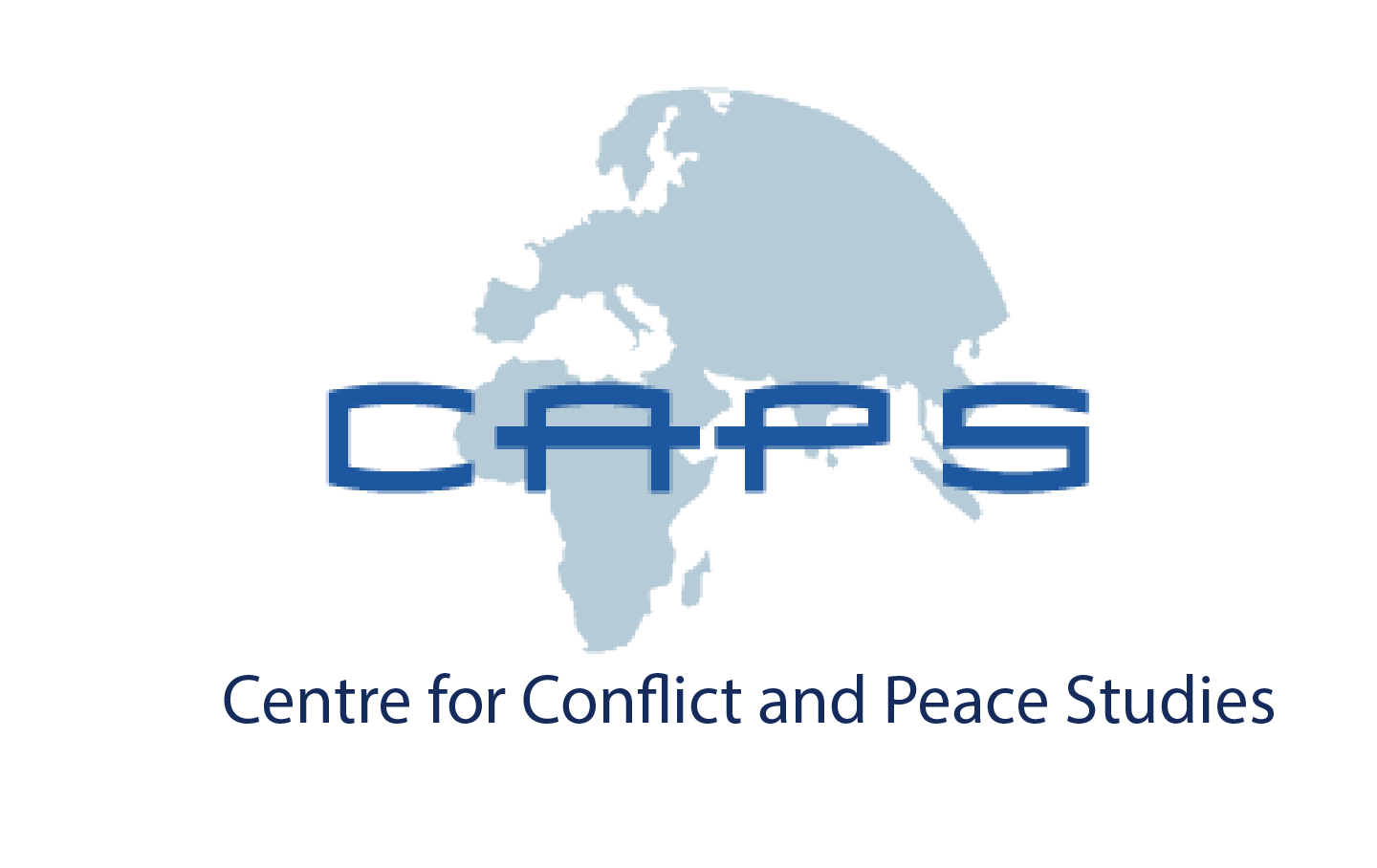
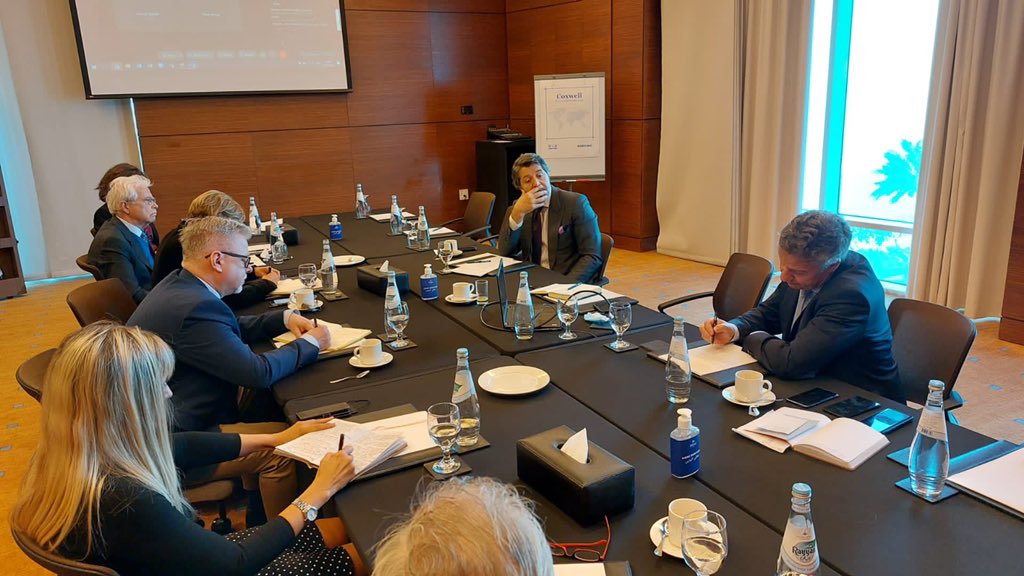
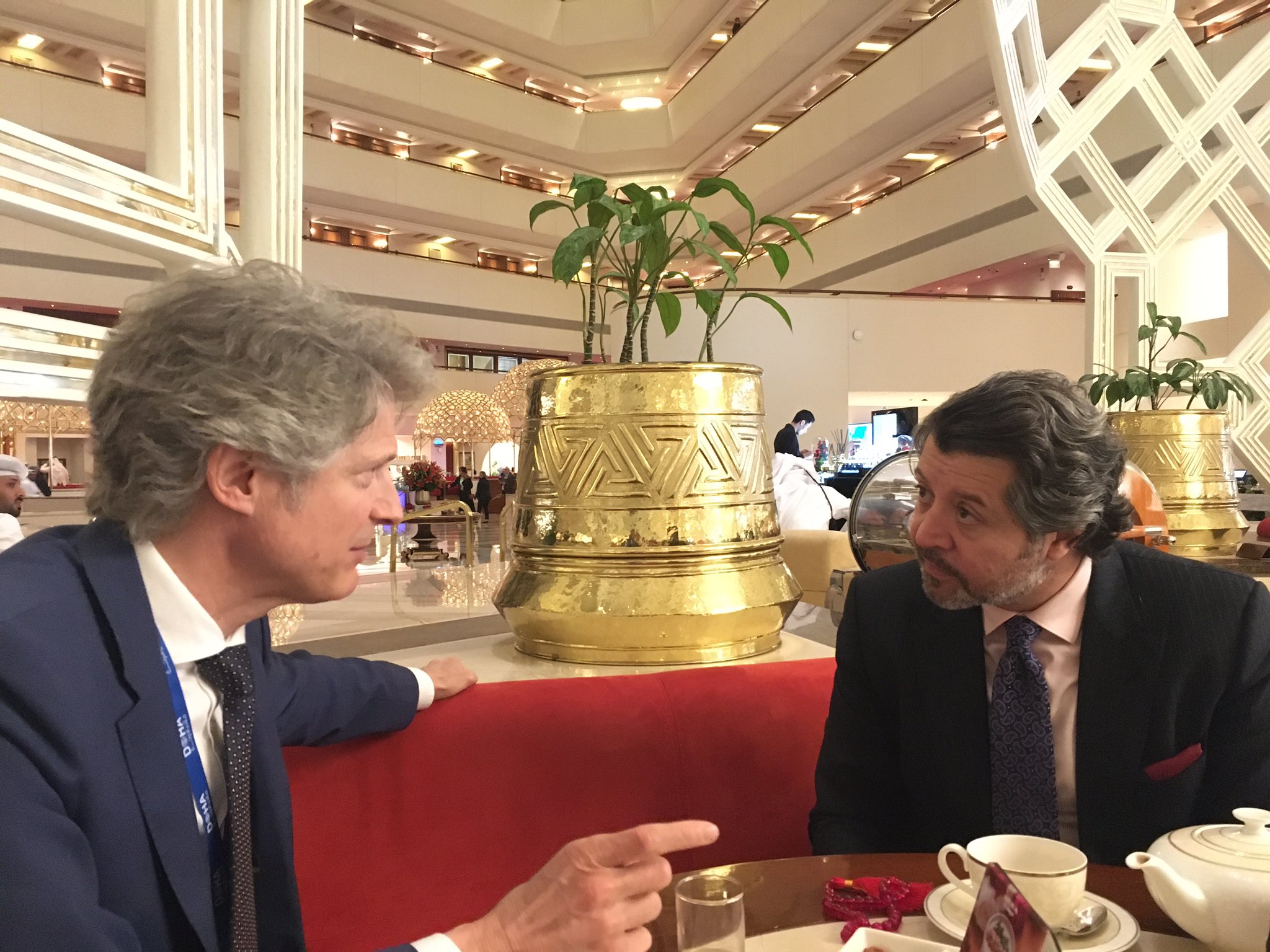

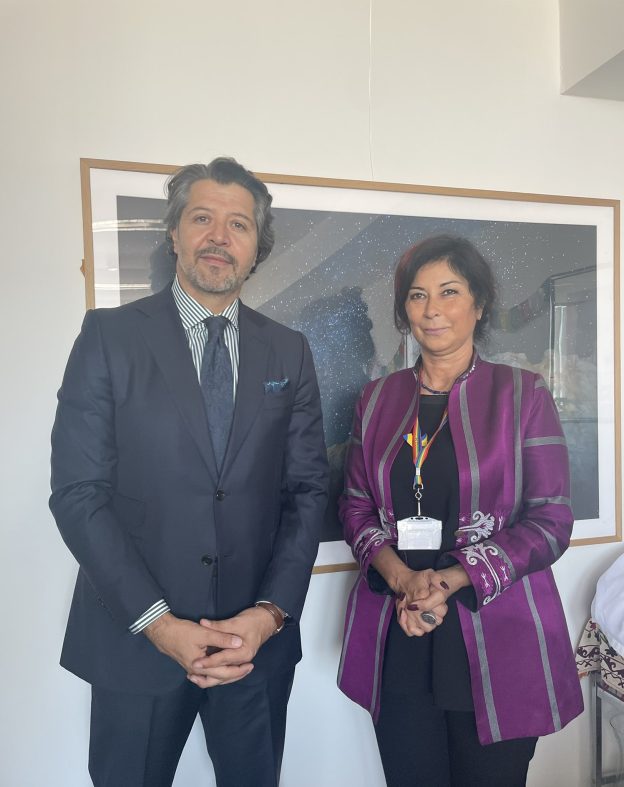
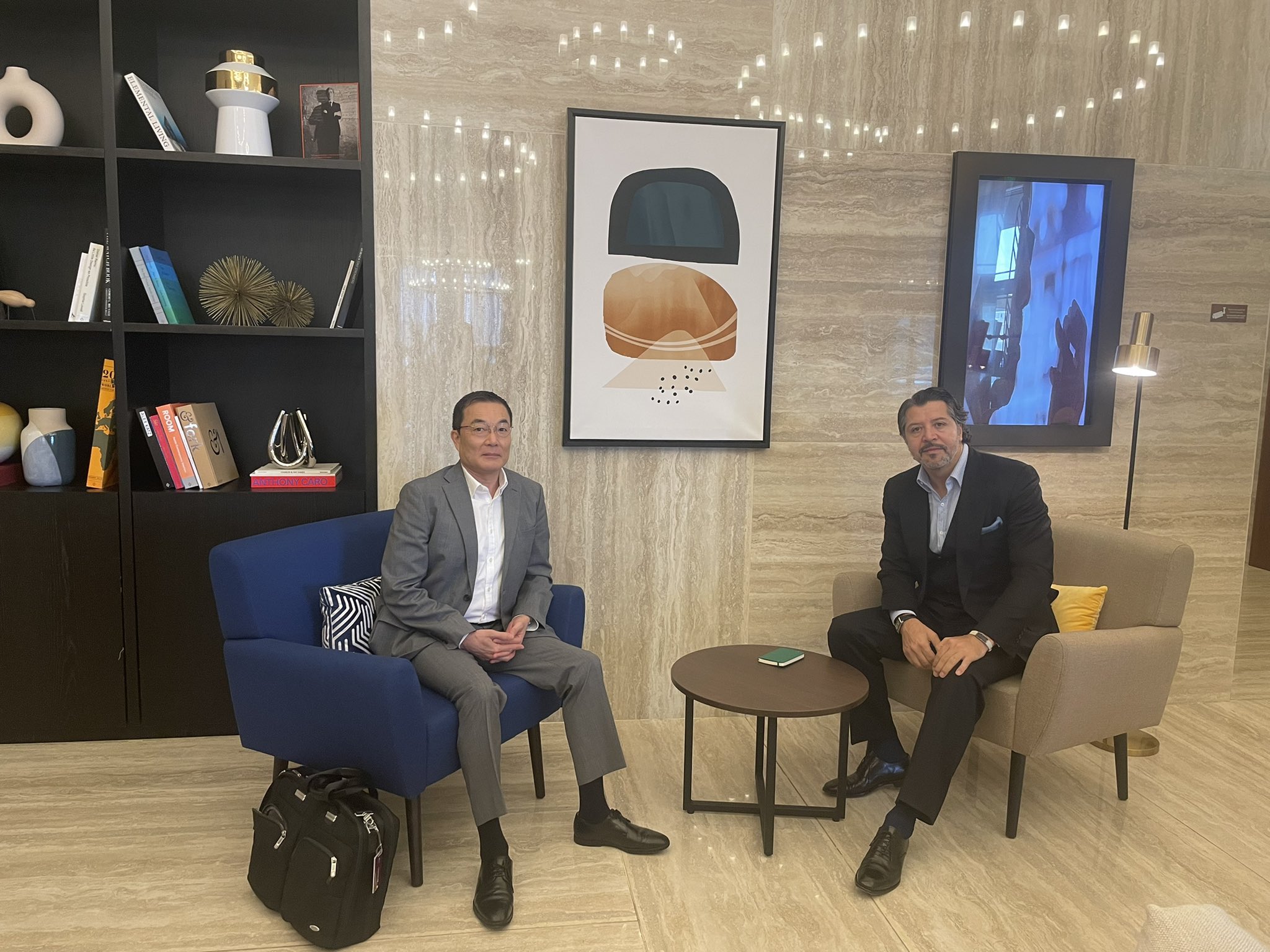
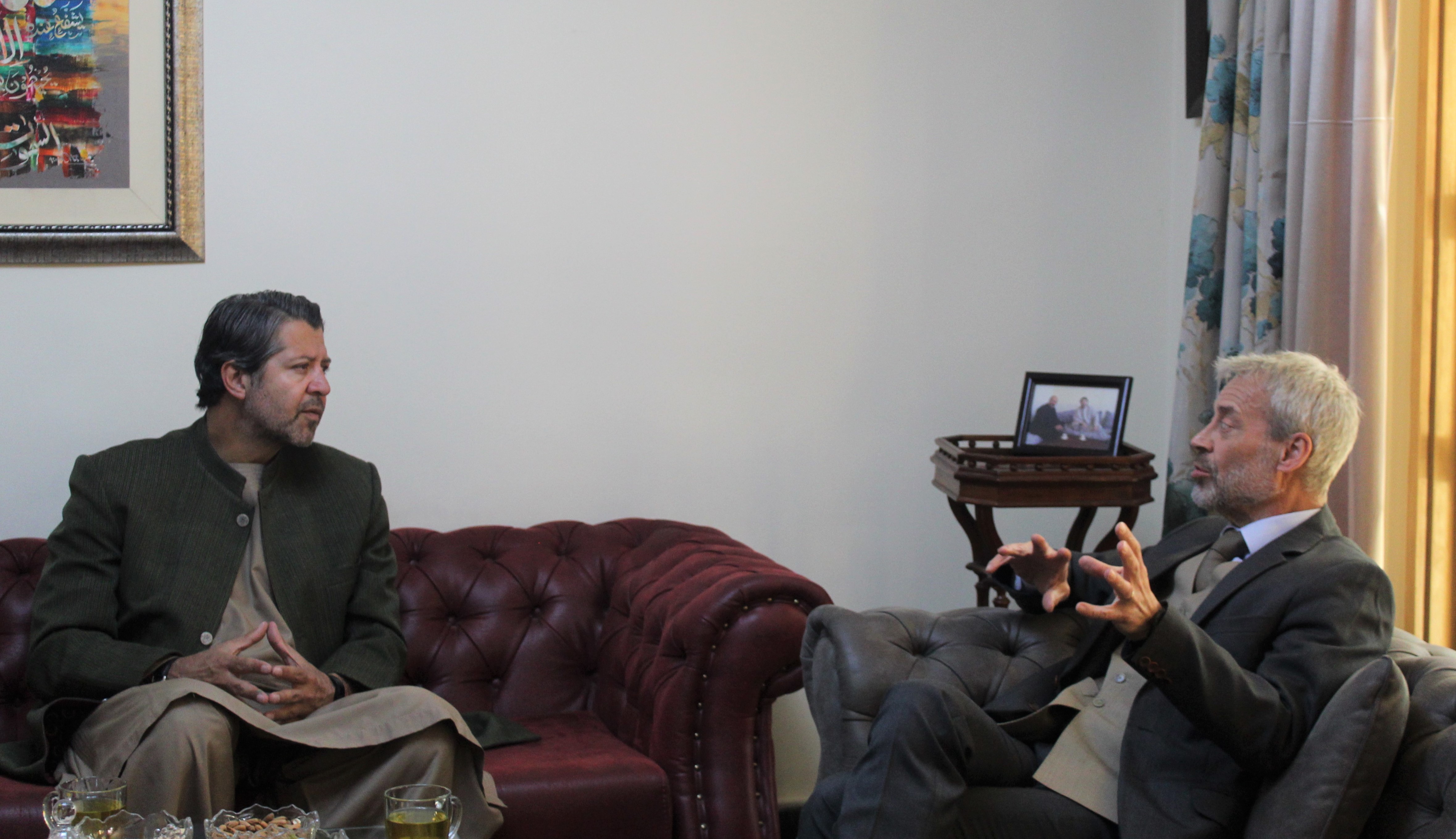
Leave A Comment